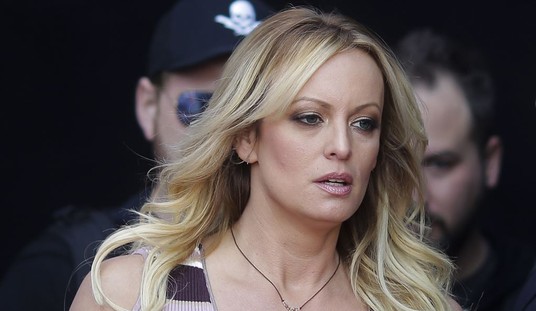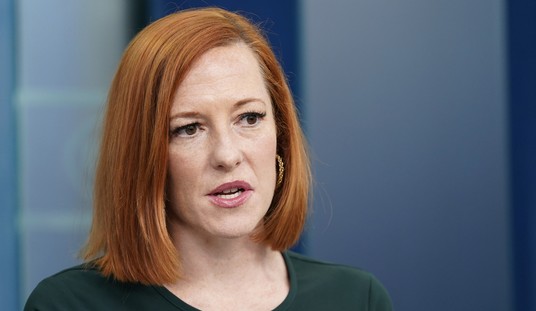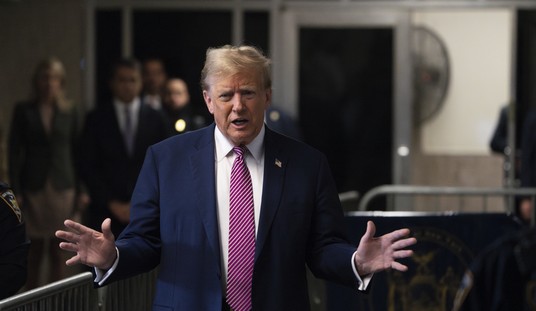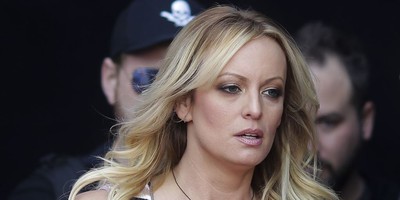Philadelphia’s city council had a revolutionary idea. Let’s tax the poor to increase revenue and the soda tax was born. After its implementation, you could have probably guessed the results: soda is now more expensive than beer. Also, the tax on diet soda that was meant to raise money for education hasn’t been fully allocated to the children. About half of the money raised has gone to local Pre-K programs. Liz Harrington of the Washington Free Beacon broke down the Tax Foundation’s report on the subject:
The Tax Foundation released a new study on the excise tax last week, finding that the 1.5-cent per ounce tax has fallen short of revenue projections, cost jobs, and has forced some Philadelphians to drive outside the city to buy groceries.
The study finds that the tax is 24 times higher than the Pennsylvania tax rate on beer.
"Purchases of beer are also now less expensive than nonalcoholic beverages subject to the tax in the city," according to the study, written by Courtney Shupert and Scott Drenkard. "Empirical evidence from a 2012 journal article suggests that soda taxes can push consumers to alcohol, meaning it is likely the case that consumers are switching to alcoholic beverages as a result of the tax. The paper, aptly titled From Coke to Coors, further shows that switching from soda to beer increases total caloric intake, even as soda taxes are generally aimed at caloric reduction."
The Tax Foundation points out that unlike most cities, Philadelphia passed the tax specifically to raise revenue, not to fight obesity. The city even includes diet sodas in its tax, as a way to raise money for pre-kindergarten programs.
However, less than half of the $39.4 million collected since the tax went into effect on Jan. 1 has gone to education funding.
"[T]he tax was originally promoted as a vehicle to raise funds for prekindergarten education, but in practice it awards just 49 percent of the soda tax revenues to local pre-K programs," Shupert and Drenkard write. "Another 20 percent of the soda tax revenues fund government employee benefits or city programs, while the rest of the money will go towards parks, libraries, and community schools."
Collections from the soda tax are also well below original projections of $92 million per year, due to tax avoidance.
Recommended
Cheers, Philly city council. What a top-notch policy—said by no one.

























Join the conversation as a VIP Member